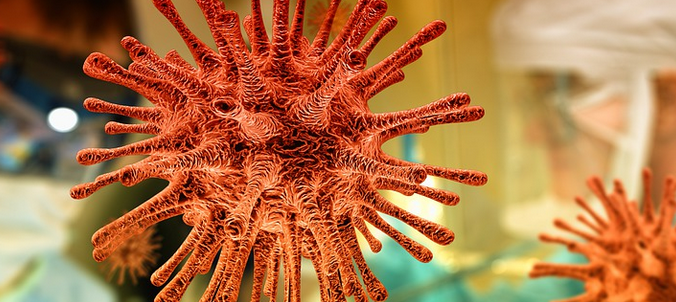The Problem
Alcohol is one of the most commonly abused substances in the world. Many people consume alcohol regularly, and in large amounts. However, the body can become dependent on alcohol, leading to withdrawal symptoms when a person stops drinking. One of the most common symptoms of alcohol withdrawal is a headache. Headaches from alcohol withdrawal can be very painful and last for days, making it difficult to function normally.
The Causes
Alcohol withdrawal headaches are caused by a variety of factors. When a person drinks alcohol, it affects the levels of certain neurotransmitters in the brain. When they stop drinking, the levels of these neurotransmitters drop dramatically, leading to a headache. Additionally, alcohol withdrawal can cause dehydration, which can also contribute to headaches.
The Symptoms
The symptoms of alcohol withdrawal headaches can vary from person to person. Some people experience a dull ache, while others experience a sharp, throbbing pain. The pain can be localized to one area of the head or be more widespread. Other symptoms of alcohol withdrawal can include nausea, vomiting, anxiety, and depression.
The Solutions
If you are experiencing a headache from alcohol withdrawal, there are several things you can do to manage the pain. First, drink plenty of water to rehydrate your body. You can also take over-the-counter pain medication, such as ibuprofen or acetaminophen. Additionally, you can try relaxation techniques, such as deep breathing or meditation, to help reduce stress and tension.
If your headache is severe or lasts for more than a few days, it is important to seek medical attention. Your doctor may prescribe medication to help manage the pain, or recommend other treatments, such as acupuncture or massage therapy. It is important to remember that alcohol withdrawal can be dangerous, and should be managed by a medical professional.
Prevention
The best way to prevent alcohol withdrawal headaches is to avoid drinking alcohol in excess. If you do decide to drink, do so in moderation and stay hydrated by drinking plenty of water. Additionally, it is important to seek help if you think you may have a problem with alcohol. There are many resources available to help you overcome alcohol addiction and manage withdrawal symptoms.
Conclusion
Headaches from alcohol withdrawal can be very painful and make it difficult to function normally. However, there are many ways to manage the pain, including drinking plenty of water, taking over-the-counter pain medication, and practicing relaxation techniques. If your headache is severe or lasts for more than a few days, it is important to seek medical attention. To prevent alcohol withdrawal headaches, avoid drinking in excess and seek help if you think you may have a problem with alcohol.

